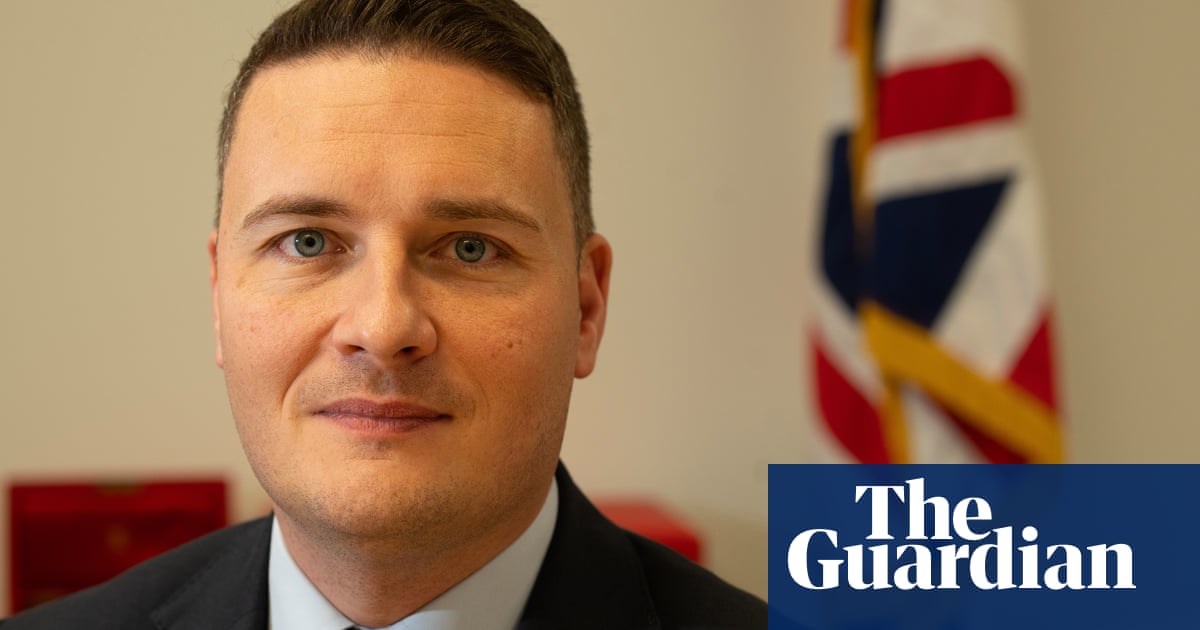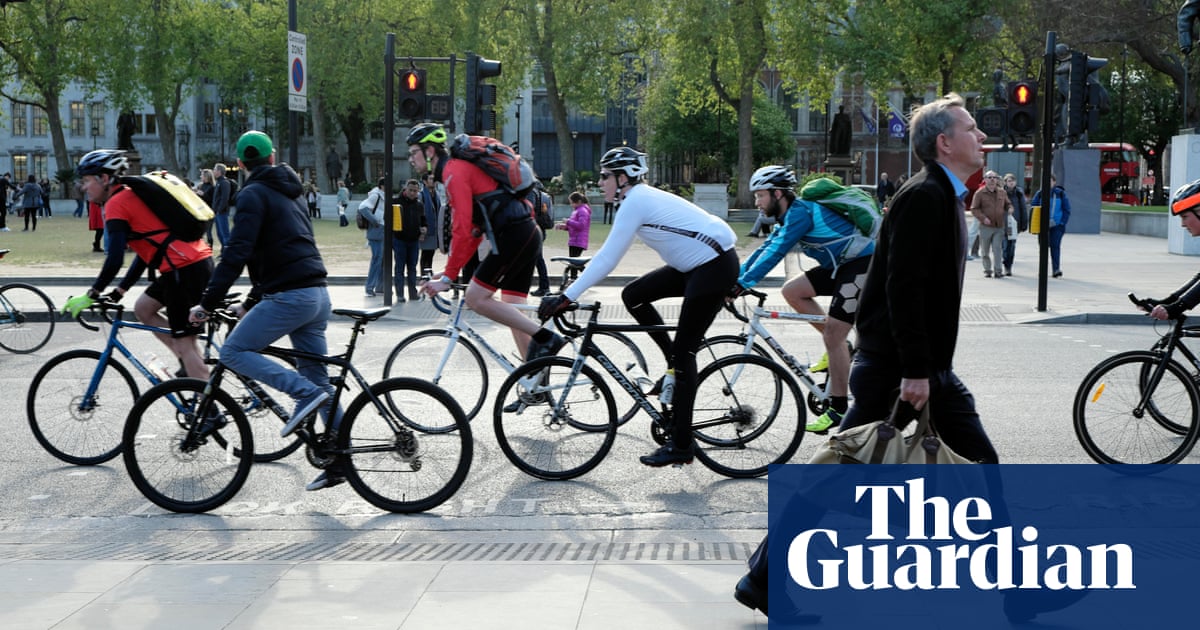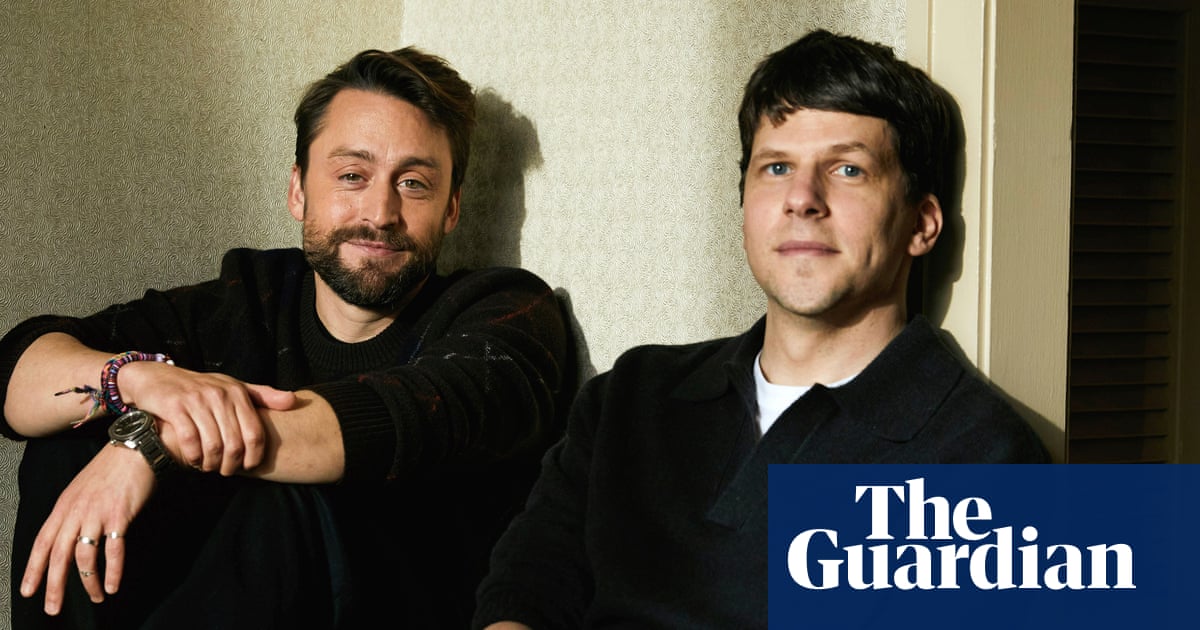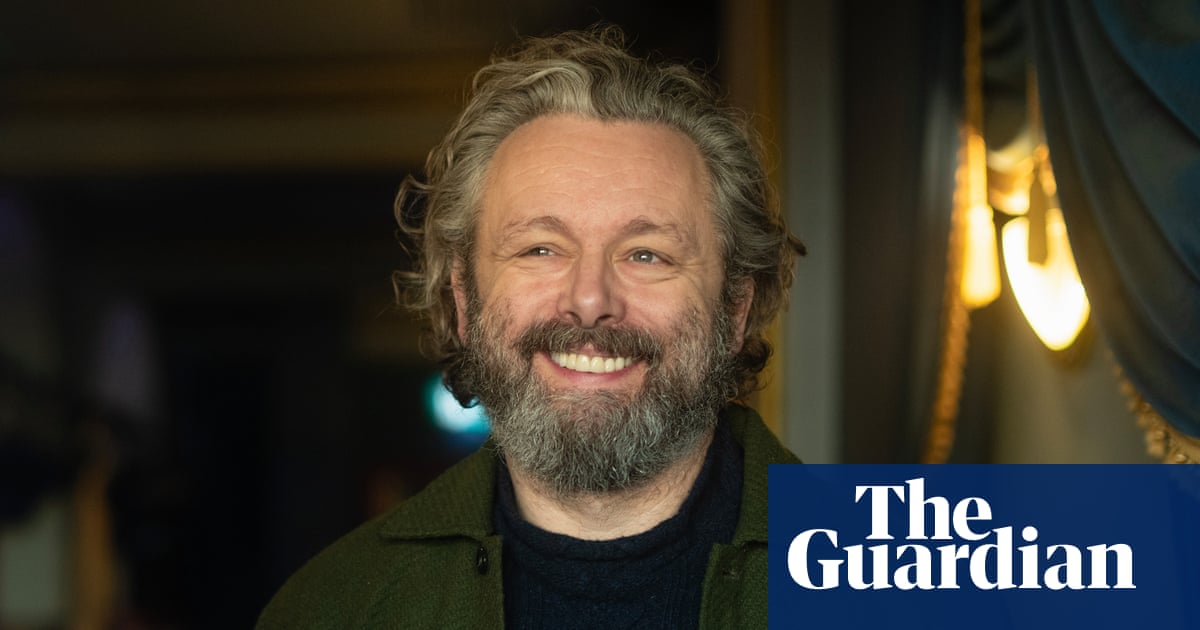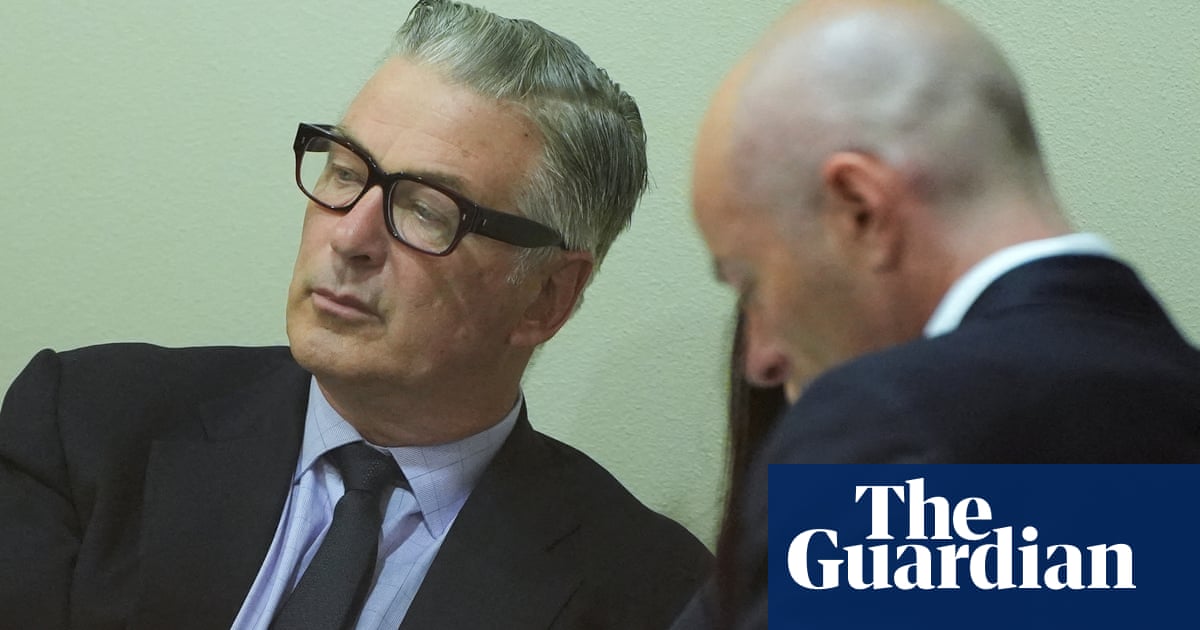The British public remains immensely forgiving of royal failings, understandably when the family is fragile and struggling with serious illness. Huge public sympathy has allowed for the revival of a doting, vintage style of reporting that only a year ago might have seemed as absurd as it is, in the longer term, unwelcome.
A recent palace announcement to the effect that Prince William is now a “global statesman” has been received, for example, with the same eager interest as his self-appointment as a homelessness expert, his decision to grow a beard and, a few days ago, his domestic hints: do remember to turn the palace lights out before you leave for another one down the road. Even a professionally made but excruciating video of sunkissed royals romping inspirationally in meadows was accepted, pretty much uncritically, as the new Windsor normal, and maybe it is.
That said, new revelations about King Charles and his heir’s enormous untaxed wealth suggest that the palace might not want to get too confident about the current non-judgmental state of affairs.
Not now that Channel 4’s Dispatches, the Sunday Times and the Mirror have between them, after an impressive investigation, disclosed what the royal family had until last week successfully concealed: that “the firm”, previously understood as self-deprecatory royal slang for their collective labour, is an entirely accurate term for a family company that transacts business for profit. In the case of the duchies of Lancaster and Cornwall, the lands awarded to the king and his heir, the profits (on top of the sovereign grant) amounted last year to £27.4m for Charles and, for William, £23.6m.
While it’s known that royal duchies are exempt from tax on corporate profits (the royals have begun paying income tax voluntarily), the investigation shows that these include rents extracted from the armed forces, the NHS, prisons and even charities that have Charles or William as patrons. Ex-military William, in uniform at all ceremonial events, is reportedly a “hands-on” duchy owner, so presumably knows that it charges the Ministry of Defence for training on Dartmoor. And for mooring boats at a royal naval college.
A letter to the Daily Telegraph from a retired rear admiral confirms that the distaste provoked by these revelations is not confined to republicans. Charles is commander in chief. “The sums might be relatively small,” the rear admiral wrote, “but the optics are dreadful.”
To comprehend, after these reports, the scale and purpose of the duchies of Lancaster and Cornwall is to appreciate the royal family, afresh, as essentially a massive property company whose corporate social responsibility (CSR) department, better known as the royal family, must be the envy of less competitive enterprises.
While the firm’s CSR professionals – Charles, William and their more appealing dependants – deliver a range of brand-enhancing projects involving toddlers, reading, candlelit carols, mental health, less prominent colleagues quietly get on with amassing and raising rents, selling mining licences, collecting assets from the dead but intestate, renting out homes (including substandard ones) and monetising everything from a beach to a scout hut. William might be a limited statesman; as a property magnate in a pre-owned jacket, he has achieved what still eludes, say, James Dyson: delivering moral lectures without instant, retaliatory insults about his business practices.
Equally, less fortunate spiritual leaders must dream of the sort of real estate income that, added to his crown estate percentage, has left Charles free to ponder what he calls the “giant paradox” of existence. Perhaps the abundant contradictions between untaxed rentals and “a faint memory of distant harmony that rustles like a breeze through the leaves” even contributed to Charles’s observation, in 2002, “that Man has a dual nature – his feet on the ground and his head in the clouds”.
William appears similarly at ease with giant paradox, to the extent that he combines his mission as a global environmental authority with, as Dispatches has revealed, the sale of quarrying rights to a controversial German company, Heidelberg Materials.
Discussing his Earthshot prize in South Africa last week, William said: “It’s very important with my role and my platform that I’m doing something for good.”
after newsletter promotion
Whether it was out of tact or by arrangement that what has been advertised as a “wide-ranging” interview did not address the royal news of the week, and what untaxed duchy estates say about “doing something for good”, that oversight should probably not be mistaken for indifference. Because, back home even the royals’ media allies, including critics unforgiving about the Duchess of Sussex’s jam enterprise, have been wondering if tax-paying subjects are going to forget about their contributions to the duchy owners’ untaxed commercial income.
Justified suspicion about the core family’s openness, probity and claims to spiritual authority could be more threatening to its stability than Prince Andrew, the dead paedophile’s friend now generally sidelined in its church-based events. Still, a country that can tolerate sermons from the current archbishop of Canterbury is perhaps in no position to be picky about moral direction from his colleague, the king. If Archbishop Justin – a former mentee of the former Post Office boss Paula Vennells and now, we learn, sorry for not acting earlier on the latest prolific sex abuser associated with the Church of England – still believes himself entitled to enlighten the nation in emergencies and at Christmas, why shouldn’t Charles, technically Welby’s boss, do the same?
In comparison with the Church of England’s record, only a handful of sex offenders have, after all, been associated with the king and his family. And if by Christmas Day Charles is still allowing Andrew the run of a 30-room mansion, an explanation can probably, after all this time, wait.
If there is no need for commercial entanglements to spoil the king’s healing Christmas address, it might still be wise to lose, this year, the references to Bethlehem. They could be quite triggering for the tax compliant.

.png) 2 months ago
14
2 months ago
14

